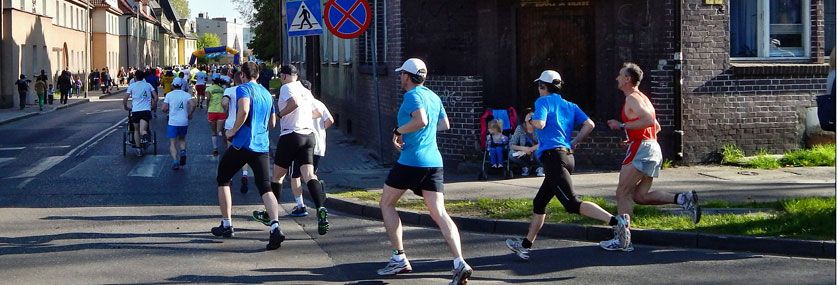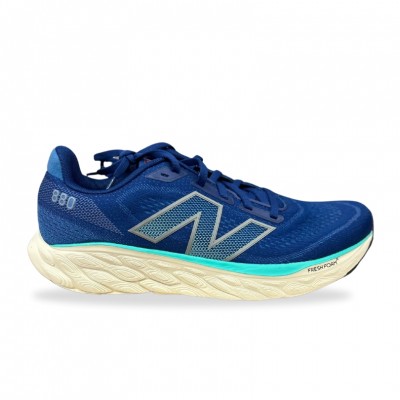It is true that facing the challenge of the Ancient Greek hero, Philipides, that is, running a marathon, requires not only to have the objective very well focused but also to have under control a series of aspects that will have a direct influence on the final result. Reaching the finish line is the goal set by a large percentage of runners who take on the mythical distance of 42.195 kilometers.
Thus, establishing a training plan to reach the event in the best shape, and even having the most appropriate equipment to be more efficient when running, are key points that every marathon runner should have under control. However, another of these relevant factors is nutrition. If the runner is not well nourished, it will be difficult to have a good performance in training and, therefore, in the competition. Something that will make the mission of overcoming the finish line on the day set to run the marathon more complicated.

Running on a full stomach is not a good option
It is obvious that, when facing a long distance race, the marathon runner must have his fuel tanks, in the form of energy, full. But this does not mean that you should binge and start running on a full stomach. It is best to eat the main meal two to four hours before the race.
Afterwards, a small snack, just before the start of the competition, will serve to satiate that feeling of hunger. It is important that this snack is based on healthy carbohydrates that provide energy. Nuts, fruits and whole grain crackers are recommended options.
Running on an empty stomach is not a good option either.
The opposite case of the previous one. If running on a full stomach can do more harm than good, running on an empty stomach can have the same effect. Remember that in a marathon it is advisable to take solid food every hour, and more frequently if you feel the need. In the middle of the race, energy bars may be the best option. And when it comes to ingesting food, it is best to eat small amounts.
Control complex carbohydrates
The high fiber content of complex carbohydrates makes them indispensable in the nutritional plan of every marathon runner, since they provide the necessary fuel to the muscles to face a long-distance race. However, the side effect of this type of carbohydrates is that they can force the runner to go to the bathroom in the middle of the race. For this reason, it is essential to pay attention to the body's reaction to eating these foods, and to limit their intake before the race if they provoke an urgent need to go to the toilet.

When is the best time to carbo-load?
Generally, carbohydrate loading the night before a marathon allows you to wake up with your muscles bursting with energy. Low glycemic index carbohydrates such as fruit, whole grains and vegetables will do the trick, but... beware that they are high in fiber and that's what they entail!
Carbohydrate loading can begin three to seven days before the race.
Protein is also necessary
If carbohydrates are basic to charge the runner's body with energy, proteins are also necessary to repair and regenerate muscles, especially during hard training and competitions. But they also fulfill their energetic function when the carbohydrate and fat load is insufficient. Therefore, runners, and in this case marathon runners, should ensure the consumption of certain amounts of protein before and after physical activity.
Do not experiment with new foods
Playing with the uncertainty of knowing how the body will react to trying new foods in the nutritional plan is not advisable in the days before the race. The best option is to eat the usual foods in the diet, and the foods that are usually eaten during exercise.
In this regard, previous workouts can be used to test how the runner's stomach responds to new sports drinks, gels and solid snacks. This trial-and-error technique during preparation time will help determine which approach, nutritionally, will be best for race day.
Don't forget hydration
As Runnea Academy specialists point out, hydration should also be an important part of the athlete's invisible training, since "the number one rule that every runner should set for himself is to drink, drink and then drink water again. Hydration must be continuous and constant, so that performance and health are as good as possible". So the solution is to always keep hydration in mind at all times. It is necessary to create that habit.
Photos: Pixabay.
Read more news about: Nutrition













